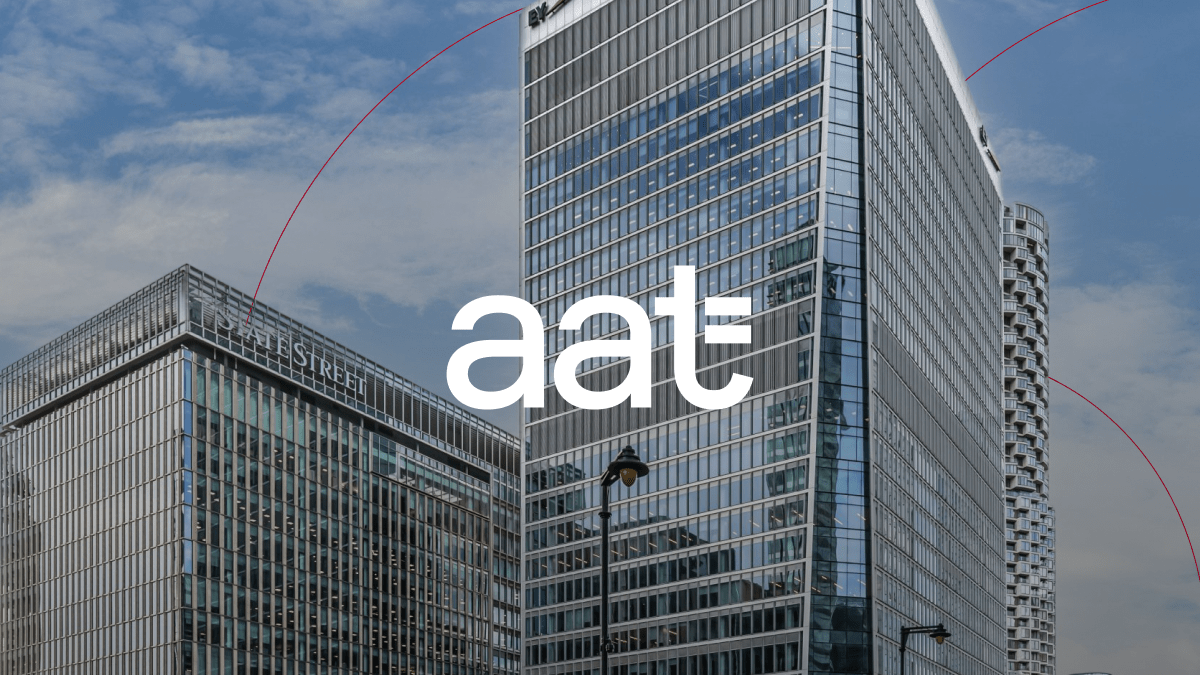Managing Scope in Projects
If you are engaging with a contractor or contracting a team for some IT work, then you’ll very likely be working in a project based environment, planning for and conducting multiple short or long term projects. If you are not operating a PMO office, you may need to really hone your project management skills if you’re going to make a success of it. Most IT projects now are being led by Prince II or PMP qualified project managers.
Managing project scope is one of those tricky issues that tends to keep managers up at night. And a key aspect of this is managing your end users’ expectations around project scope. It is essentially about establishing and maintaining a shared understanding between you and your user base about what you will do and what you will deliver.
Here are some guidelines to help you to manage those expectations.
1: Tie down expectations about scope in your project definition documentation
The very first point at which you need to manage expectations about project scope is in your project definition document. It is here that you map out what your team propose to do, what you propose to deliver, and what time you propose to spend. Your documentation needs include a basic project plan that steps all of this out in sufficient detail, so the scope of what you’re proposing is clear to the prospective users and management team. Of course, the focus of your proposal is primarily on what you will do but don’t forget to indicate anything major you assume the end users will do. For example, if the project includes a stakeholder workshop and you assume the end user team will be responsible for the administration and costs associated with this then spell it out to avoid any confusion later. It is all about managing their expectations right from the start.
2: Document upfront any issues you think have the potential to result in scope creep
Often when an project manager is preparing a proposal they invariably will have some niggling concerns about issues they think have the potential to push the scope out once things get started. For example, if what you have proposed to deliver relies on the end users providing certain quantitative data in a readily accessible format, and reality often has shown us that it isn’t going to be as easy to get hold of as the user has indicated. Over the years we here are Ergo have learned not to ignore these concerns, and we encourage you to trust your instincts and take notice of them too. So if you think there are issues outside your control that may impact on your capacity to deliver everything as stated in your project plan, flag them upfront in your project definition documentation. You can do this under a section titled simply ‘Items in Scope’ or “Items out of Scope”. It alerts the stakeholder right from the start that there may be scope issues ahead and having these issues documented paves the way for you to mitigate issues early if things do shift as you suspect they will.
3: Be prepared to renegotiate commitments with the stakeholder when unexpected issues arise
Even if you have done a great job with the project definition documentation and project plan and flagged any potential areas of scope creep upfront, things you didn’t anticipate can and do occur during a project which means some adjustments are needed to the project plan. This is normal, and there are often good reasons to change project direction. However it is a common trap for project managers to roll with the flow of scope changes as they arise without reengaging with stakeholders to redefine the project documentation and plan. So if this happens to you, then you need to bite the bullet and discuss the time and cost impacts of any changes with your stakeholders. Again, it’s all about managing their expectations about what you’ll do, what you’ll deliver and by when. Stakeholders are generally open to adjusting the cost and timeline changes for reasonable changes in scope.
4: Manage expectations about timeframes
Managing timeframes and deadlines are part and parcel of any project. But all sorts of things that are outside of your control can get in the way of you delivering on time. In my experience, there are often unavoidable delays during a project, primarily due to issues within the business or with other external stakeholders. For example, it can take them longer than expected to bring a crucial meeting of stakeholders together, or there are delays in turning around feedback on your draft report. Whatever the reason, you need to be flexible to go with these kinds of delays. But you still need to manage your stakeholder’s expectations. Even if the delay is due to something at their end, you need to keep your stakeholders informed about what these delays mean for the overall project timeframes and your ability to meet the agreed deadlines.
5: Manage expectations about feedback processes
Even after 27 years of working on software projects, the processes of getting feedback on key documents from stakeholders can still frustrate because of the potential for scope creep concerning either project time, the project delivery timeframes or both. Here’s a typical example. In my project plan, I allowed for a day to incorporate feedback on a draft report from the project steering group. But now that the draft report is ready, the steering group decides it should go to all the senior managers for feedback – another six people. Of course, there is nothing wrong with this strategy, and I certainly need to be flexible to accommodate it. But to review and distil the additional feedback will involve more of my time than I estimated, and it will also blow out the project timeframes. If you find yourself in this situation, let the stakeholders know you are happy to accommodate the changes, but make sure you adjust their expectations by advising them of the time and cost implications. If you just go along with it, you are the one who will be struggling with the deadlines and the one out of extra headaches.
There’s no doubt about it, project scope is a tricky thing to manage, especially if you’re new to project management. Of course, your aim is always to remain within scope, but realistically this is not always possible. Be flexible and adjust your approach as needed, but always pay attention to managing your stakeholder’s expectations so that from their perspective, you are still delivering high value and excellent service.
Ergo’s Consulting Bureau enables organisations to hire experienced senior professionals on an ongoing or project basis. Businesses have the opportunity to choose a subject matter expert from an accomplished panel of consultants. Contact Diarmaid for more information.






